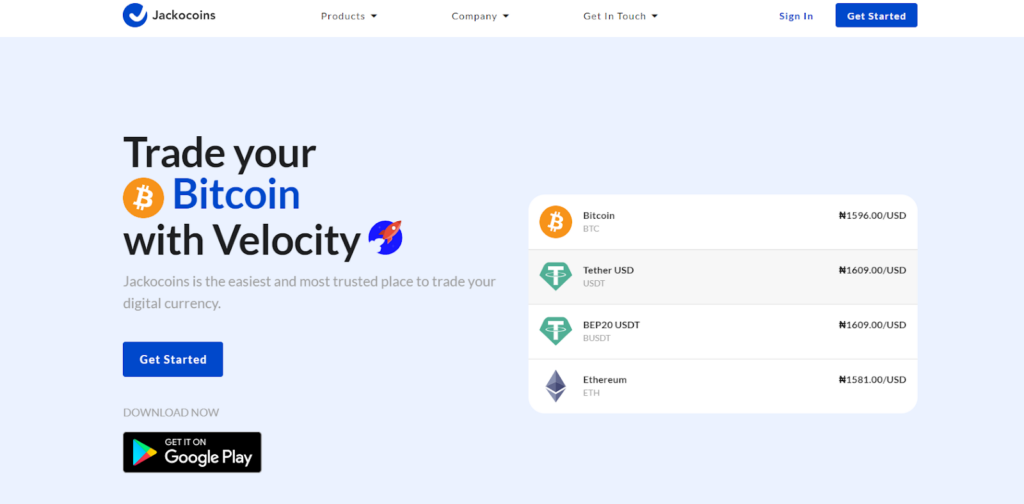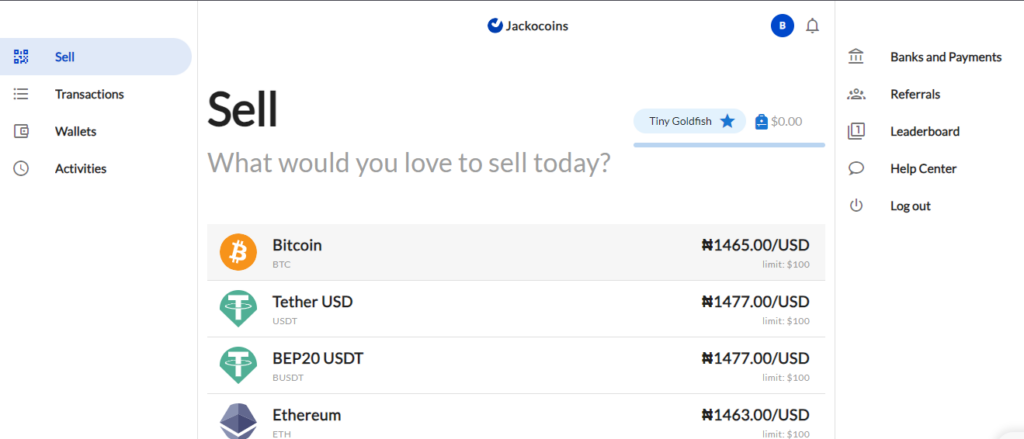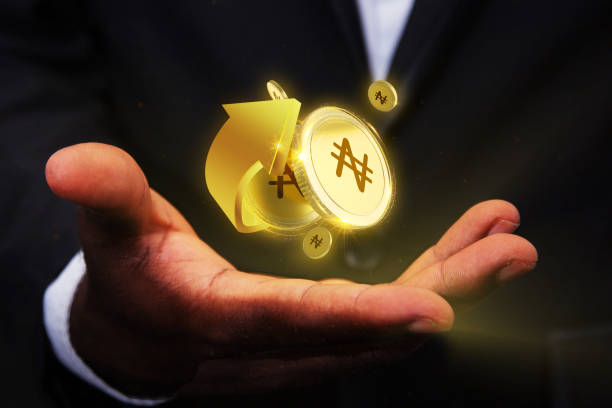For many Nigerians, Bitcoin is more than just an investment; it has become a key element of financial independence and digital innovation. This change in direction has greatly improved our economy, giving us more control over our financial mobility.
Sadly, about 30% of Nigerians still struggle with self-doubt regarding crypto trading. If this sounds like you, stay with us as we guide you through every phase of Bitcoin trading.

Bitcoin Trading: Nigeria’s First Love
Nigeria’s journey with Bitcoin began around 2012 when the concept of cryptocurrencies was still in its infancy. Interest in Bitcoin grew slowly at first, carried mainly by tech enthusiasts and forward-thinking individuals intrigued by decentralized finance.
As word spread and awareness increased, more Nigerians began to see Bitcoin as an alternative asset class, especially in the face of the country’s economic challenges, including inflation and currency devaluation.
By 2017, Nigeria experienced a significant spike in Bitcoin adoption, coinciding with the global cryptocurrency boom. Online discussions, social media activism, and educational initiatives led to a surge in local Bitcoin trading. This burgeoning interest was further driven by the rise of local exchanges such as Luno and Quidax, which made it easier for Nigerians to buy and sell Bitcoin.
How to Trade Bitcoin on Crypto Platforms

Trading Bitcoin in Nigeria is now more accessible than ever, thanks to various user-friendly platforms. Here’s how to get started:
Step 1: Choose a Crypto Exchange
Selecting a reputable crypto exchange is crucial for your trading journey. Popular platforms in Nigeria include:
- Luno: One of the most well-known exchanges in Nigeria, Luno offers an intuitive interface and educational resources for beginners.
- Quidax: This local platform allows users to trade Bitcoin and other cryptocurrencies with ease.
- Jackocoins: A global giant in crypto trading that provides a wide range of cryptocurrencies and trading pairs.
Step 2: Create an Account
Once you’ve chosen your platform, you create an account. The registration process typically involves providing personal information and verifying your identity also known as Know Your Customer (KYC). This usually requires submitting some form of identification, such as a national ID card or passport.
Step 3: Fund Your Account
With your account set up, the next step is to fund it. Most platforms accept deposits via bank transfers, debit/credit cards, or even mobile money services. Ensure that you’re aware of any fees associated with the funding methods. Luckily, Jackocoins has a zero-fee policy that allows you to deposit and withdraw at no extra cost.

Step 4: Buy Bitcoin
After funding your account, you can navigate to the “Buy/Sell” section of the platform. Enter the amount of Bitcoin you wish to purchase and confirm your transaction. The Bitcoin will then be credited to your account balance.
Step 5: Secure Your Investment
Once you acquire Bitcoin, consider transferring it to a secure wallet. While exchanges provide wallets, they are often vulnerable to hacks. A hardware wallet or a reputable software wallet gives better control and security over your digital assets. We recommend an advanced blockchain wallet such as the Jackocoins wallet, equipped with an auto-sell feature that handles your trades while offline.
Recent Regulations to Look Out For
As the popularity of Bitcoin trading in Nigeria continues to rise, the government has taken steps to regulate the cryptocurrency landscape. In February 2021, the Central Bank of Nigeria (CBN) issued a directive prohibiting banks and financial institutions from facilitating transactions involving cryptocurrencies. This move alarmed many in the crypto community; however, it did not completely stifle the trading environment.

In 2022 and early 2023, discussions around clearer guidelines were underway, reflecting the growing recognition of cryptocurrencies. The Nigerian SEC (Securities and Exchange Commission) has outlined plans to regulate digital assets, aiming to protect investors and enhance financial stability. Some notable points include:
- Mandatory Registration: Exchanges operating in Nigeria need to register with the SEC.
- Consumer Protection: New regulations like KYC and Anti-money laundering features focus on enhancing investor protection against scams and fraud.
- Tax Implications: Crypto traders should be aware of potential tax obligations regarding trading profits.
Traders should keep informed about these regulations, as they can significantly impact trading operations and their legal status.

“Sability” assured
Bitcoin will always be Nigeria’s first love in digital finance, capturing the hearts of many eager investors and tech enthusiasts. Whether you’re a seasoned trader or a newcomer, using Jackocoin’s services can help streamline your crypto business and provide the security you need.
Our platform is designed to cater to the Nigerian market, ensuring compliance with local regulations and providing support tailored to the needs of Nigerian users. With the right knowledge and tools, you too can ride the waves of bitcoin trading with your eyes closed—well, almost closed.
Till next time, happy trading!
Visits: 9648

